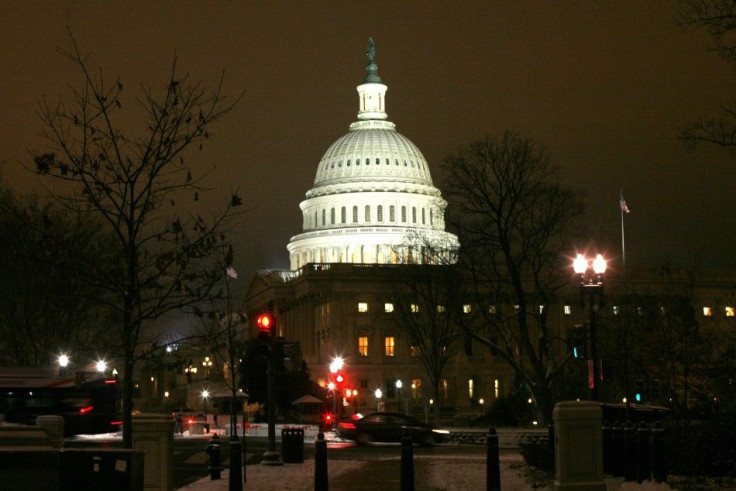Congress Near Deal on Payroll Tax, Unemployment Aid

(Reuters) - U.S. lawmakers were close to a deal Tuesday on legislation that would boost the economy in the short term by extending a payroll tax cut for 160 million workers through this year and continue long-term jobless benefits, congressional aides said.
A deal could be reached as early as Tuesday night if Republicans in the House of Representatives agreed to it, a congressional aide told Reuters. House members were due to meet at 6 p.m. (2300 GMT) to discuss it.
As Democratic and Republican negotiators worked on the final details of a broad agreement, President Barack Obama upped the pressure, telling lawmakers not to derail the economic recovery by allowing the measures to expire at the end of the month.
Congress needs to extend that tax cut along with vital insurance lifelines for folks who have lost their jobs during this recession, Obama said at the White House. And they need to do it now without drama and without delay.
The payroll tax cut and unemployment benefits are due to expire on February 29.
The emerging agreement, which would still have to be approved by Democratic and Republican congressional leaders, includes a concession by Democrats to scale back jobless benefits for the long-term unemployed, from a 99-week maximum to 79 weeks, congressional aides told Reuters.
Congressional Democrats had been pushing to keep the 99-week maximum because millions of Americans are still struggling to find jobs, while Republicans wanted a 59-week cap. The 79-week compromise was originally proposed by Obama.
As part of the deal, doctors treating elderly Medicare patients would also be spared steep pay cuts for the rest of this year, they said. Without congressional action, doctors face 27 percent cuts in reimbursement at the end of the month.
The agreement, if finalized, would also extend a 2- percentage-point payroll tax cut through 2012 with no offsetting spending cuts.
The tentative deal was coming together a day after House Republican leaders dropped their demand for spending cuts to cover the loss in revenues from extending the payroll tax cut for another 10 months.
House Speaker John Boehner, the top U.S. congressional Republican, is expected to tell his 241 fellow House Republicans on Tuesday night that while the concession may be unpalatable for budget-cutting conservatives, it is necessary to get the payroll tax cut issue behind them.
The issue has sown division among Republicans, many of whom have questioned its economic benefits, and left the party vulnerable to Democratic attacks that it favors tax cuts for the wealthy but not for middle-class Americans.
Republicans have made deficit reduction their mantra as they paint Obama as a tax-and-spend liberal who has plunged the country deeper into debt. But Boehner's concession means the payroll tax cut will go unpaid for, adding $100 billion to the U.S. deficit.
(Additional reporting by Richard Cowan; Editing by Ross Colvin and Peter Cooney)
© Copyright Thomson Reuters {{Year}}. All rights reserved.




















